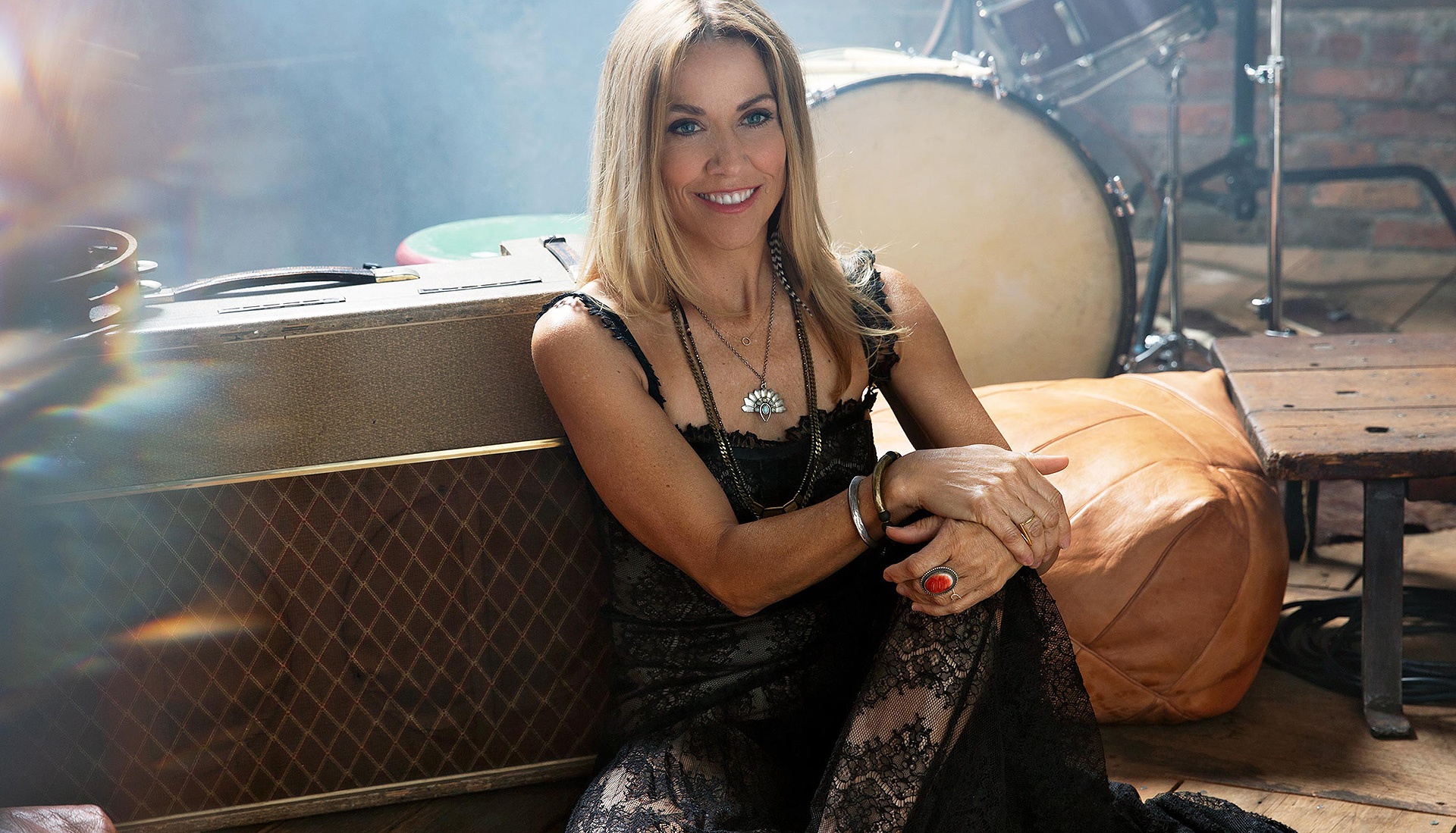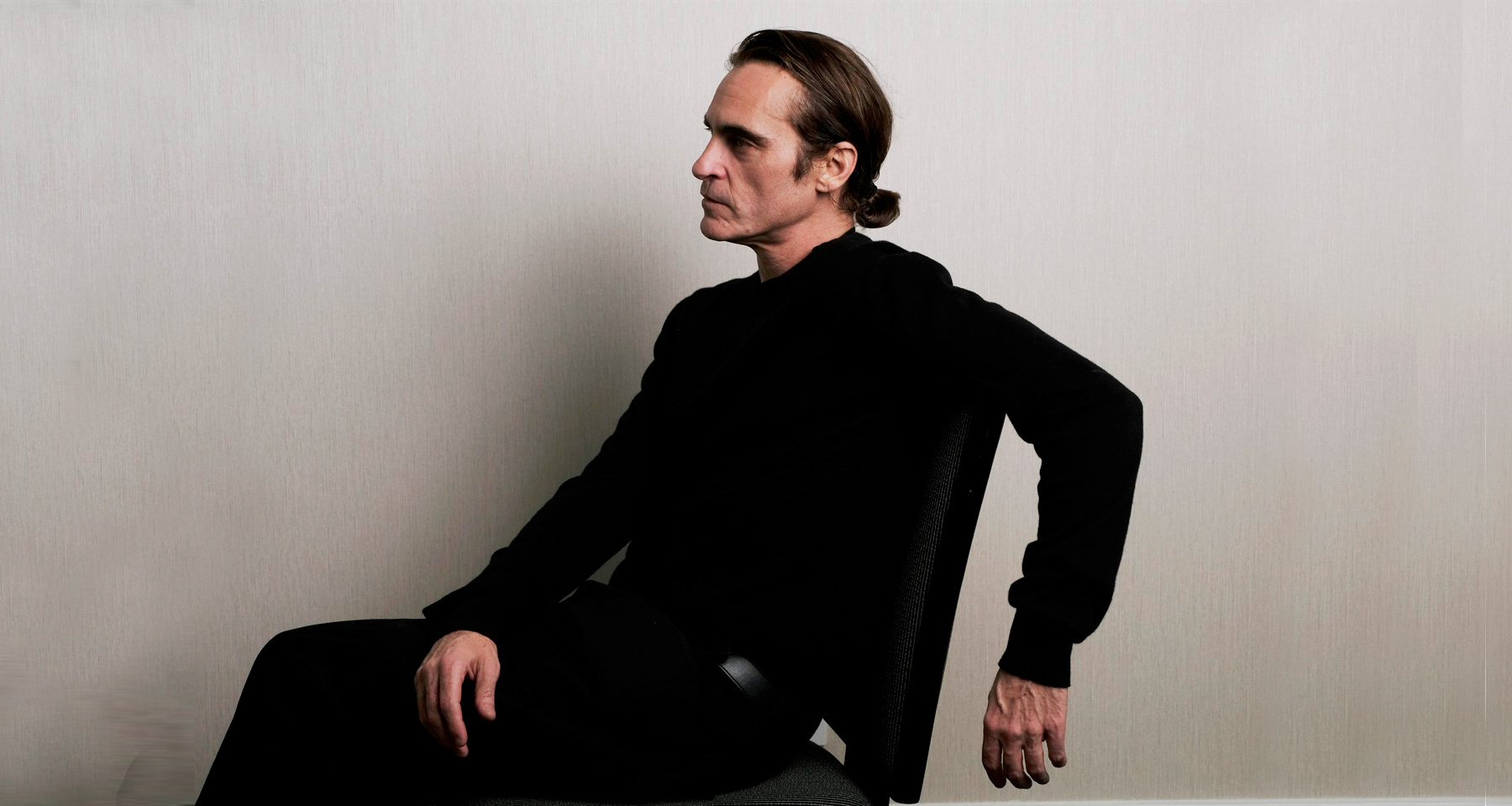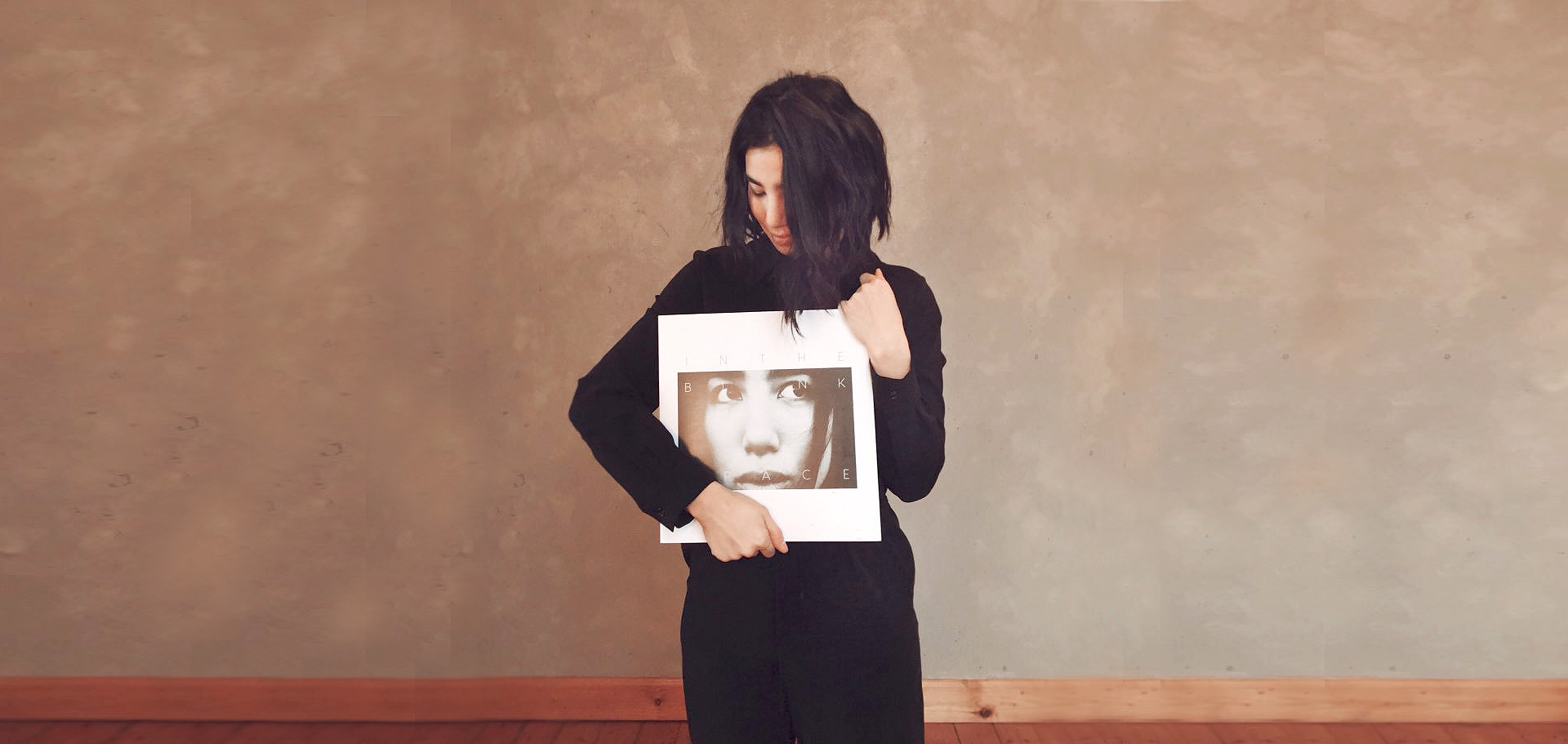All
Sheryl Crow wanted to do, was to have some fun.
Crow has sold more than 50 million records since giving up teaching high school students and becoming a musician, recording a James Bond theme, winning nine Grammy Awards and playing at the White House. In addition to music, she is an environmental and gun law campaigner, a survivor of breast cancer, and an adoptive mother to two young children (who joined her on stage this summer in Glastonbury, delightfully).
Her place in the rock firmament is so assured that hearing her reflect how out-of-place she felt at the beginning of her career is odd. “I came out and felt like a person without a nation when everything was grunge,” Crow says.
“With Beck and Courtney Love and Kurt Cobain and Eddie Vedder, all the cool children were hanging out – and I was over here,” she says, gesturing to the furthest corner of her London hotel room.
But she discovered the “older generation” in that corner— Eric Clapton, Don Henley, Ronnie Wood — who acknowledged a kindred spirit, steeped in song-craft and storytelling, and invited her into their world.
“It’s the mothership for me,” she says. “It felt like, you know, I was asked to go to the prom! And I really wouldn’t have it any other way.” Crow’s career was packed with such links from her early days as Michael Jackson’s backing singer (he’d throw candy at her over the dressing room wall) to join The Eagles, Prince and Bob Dylan on stage as their equal.
She was even thought to replace Christine McVie on the 2003 world tour of Fleetwood Mac before the concept was shot down by guitarist Lindsey Buckingham. “Well, when I joined, I felt like there was going to be bad blood, maybe I shouldn’t,” Crow said to Howard Stern later. “I didn’t want to upset something that was already lovely.” Working with another legend, Kris Kristofferson, inspired Crow’s 11th album, Threads-a duet project featuring everyone from Emmylou Harris to Chuck D’s Public Enemy.
“I’ve known Kris for 20 years, and he’s developed Lyme Disease where he can’t remember anything from the past,” she recalls.
Lyme disease causes the memory loss of Kristofferson, but the symptoms are “like Alzheimer’s,” explains Crow.
“After working with him, I started to feel like these moments are important with other individuals, and I don’t want to miss them anymore.” So I wanted to try to build my own sacred moments where I could, I think, pay homage to the people who introduced me to where I was. “Despite her links, Crow had difficulty summoning the bravery to approach her heroes.” It’s strange to compose a song and give it to me. She says. “I attempted to write songs that I thought were melodically and even lyrically in their wheelhouse.”
So Live Wire discovers Crow trading bluesy riffs with Mavis Staples and Bonnie Raitt (“who was instrumental when I picked up the guitar when I was 17 and wanted to play like a man”) before uniting on a powerful, gospel-filled chorus.
And while Crow never joined Fleetwood Mac, on Prove You Wrong she harmonizes with Stevie Nicks-a musical put-down that could crumble Stonehenge withering.
In a bluesy celebration of female resilience and solidarity, the singers declare, “I had my mind made up and my high heels on / it wouldn’t take much to demonstrate you wrong.”
However, it wasn’t always so positive. She called out the harassment she had encountered at the hands of Michael Jackson’s manager Frank DiLeo on Crow’s first album, Tuesday Night Music Club, 1993.
She portrayed him on The Na-Na Song attempting to force her into sex (“Maybe if I were to let him, I would have had a hit song,” she sang with satisfactory indifference), while What I Can Do For You captured the energy abuse that has become a key theme of the #MeToo movement.
“I’ve got so much to give if you’re just good,” Crow said, playing a Weinstein-like svengali personality. “If you’re doing what I’m saying / and don’t let me say twice.”
At the moment, the honesty of Crow was uncommon. Has she ever had any reaction?
“Well, there were many people who weren’t pleased,” she says. “But you don’t have a leg to stand on if it’s true.” She’s realized how the fresh generation of woman artists is more “fierce” and self-confident and, hopefully, less likely to suffer the chauvinistic power games that plagued her early life.
“I believe the #MeToo movement is a great thing is that it gives women approval to be taken seriously,” she observes.
Many of the new breed see her as mentor and inspiration. Kacey Musgraves recorded her year’s Grammy-winning album, Golden Hour, in Crow’s home studio (“She’s got Guinness on the tap, so she’d have Guinness with us,” recalled Musgraves), while pop-country crossover star Maren Morris said Tuesday Night Music Club made her want to be a writer.
“She expressed her own point of view, and she didn’t try to be like anybody else, and I liked it,” she said to the LA Times. Not by coincidence, as Crow and Nicks pass the torch to a younger generation, Morris also features on Prove You Wrong.
“She’s part of that young women’s club that’s in the art of composing, that’s fine musicians, that’s fierce and that’s the street warrior out there,” tells Crow about the newcomer. “I’m looking at her, and I know she’s going to carry on with the tradition,” raising the question of whether Crow sees her life coming to an end in music. She defined Threads as her final album after all.
“I’m sure I’m going to keep making music,” she insists, “because I’m just one of those people who can’t write.” Instead, she was influenced by another young lady, Ariana Grande, who “shipped out two records in the previous 12 months, then dropped another song, and then another one,” as Crow puts it.
“It’s like, anything goes. Do it any way you want to do it. That’s kind of where I’m because at this point, at least in my opinion, making a whole record is a bit pointless. If individuals mostly create playlists and cherry-pick songs, they’re never going to hear the whole tale anyway.” And no matter what’s going on in the studio, you’ll still discover her playing hits like Leaving Las Ve on stage.
“More than I have in years, I enjoy it now,” she says. “And funnily enough, I feel particularly valuable about those songs like All I Wanna Do that I’ve been playing for 25 years.
“I could be really sick of them, but instead, I think, that song took me to Russia, it took me to South America, it took me to Rock In Rio to play for 300,000 people.”
“Particularly being my age, with my young boys, it’s a real honor to be able to go out and play music-because it doesn’t happen to everyone and I’ve been on the blessed end of things.”
Photos: Dove Shore
//Music really becomes the soundtrack to the major events to your life.//






